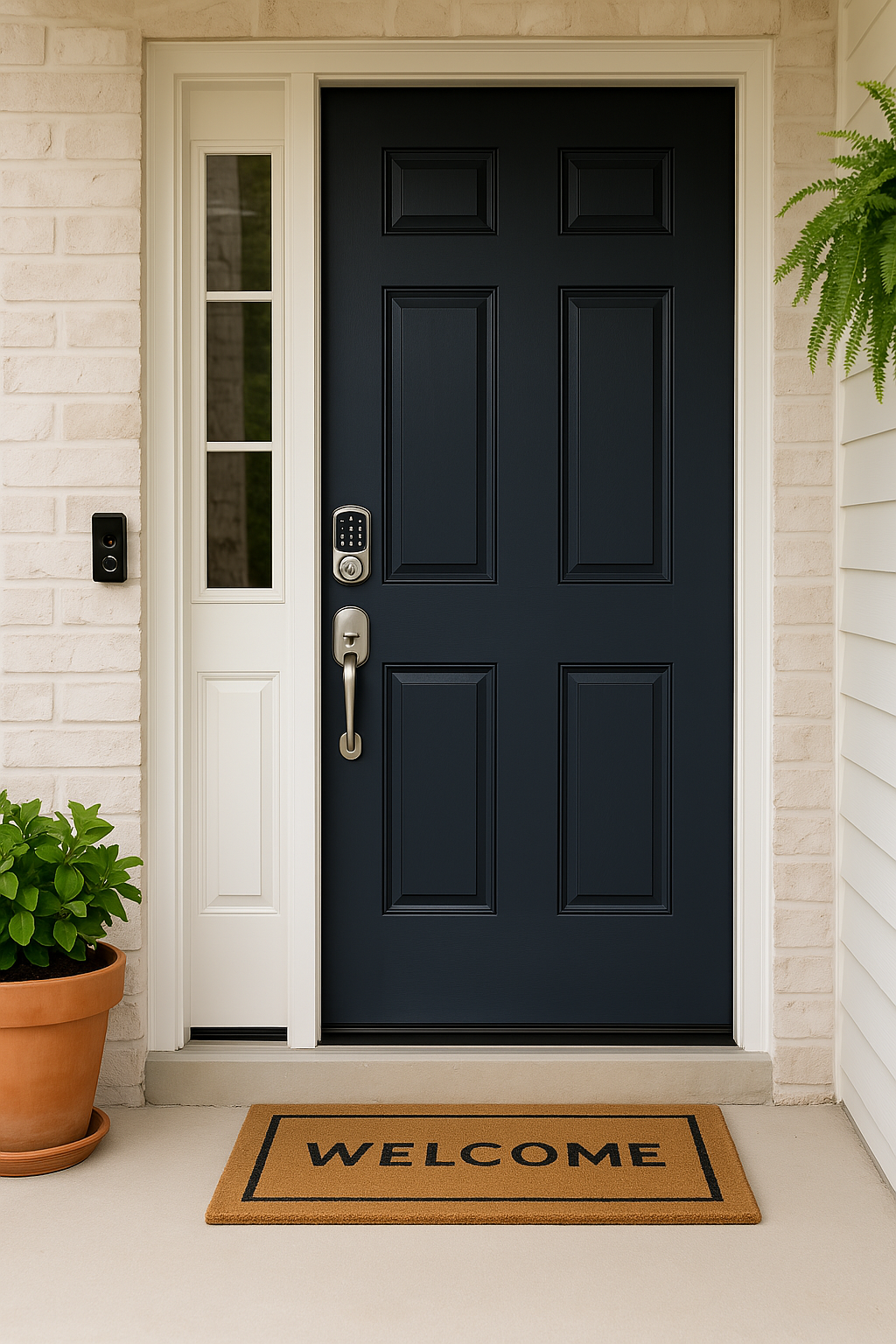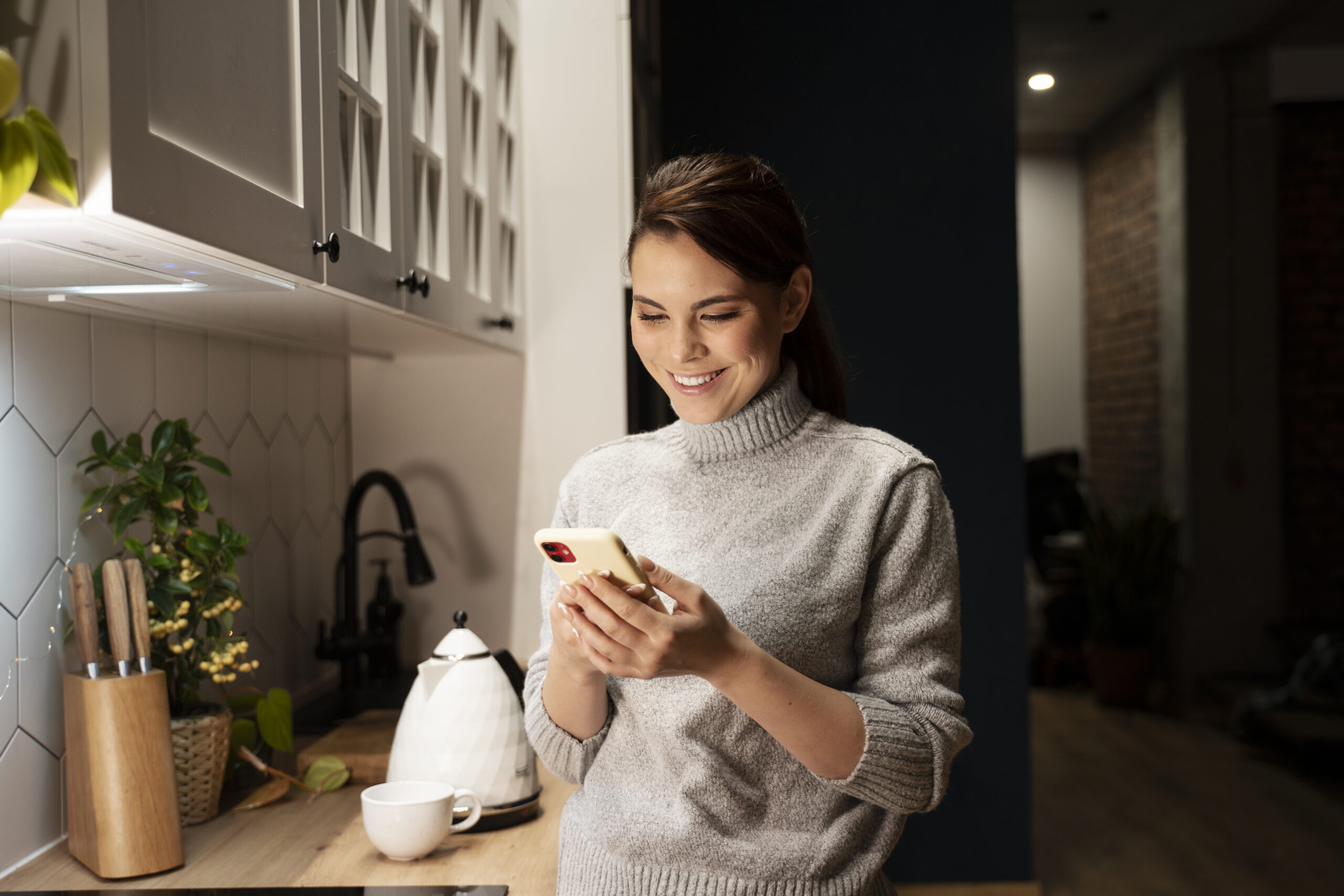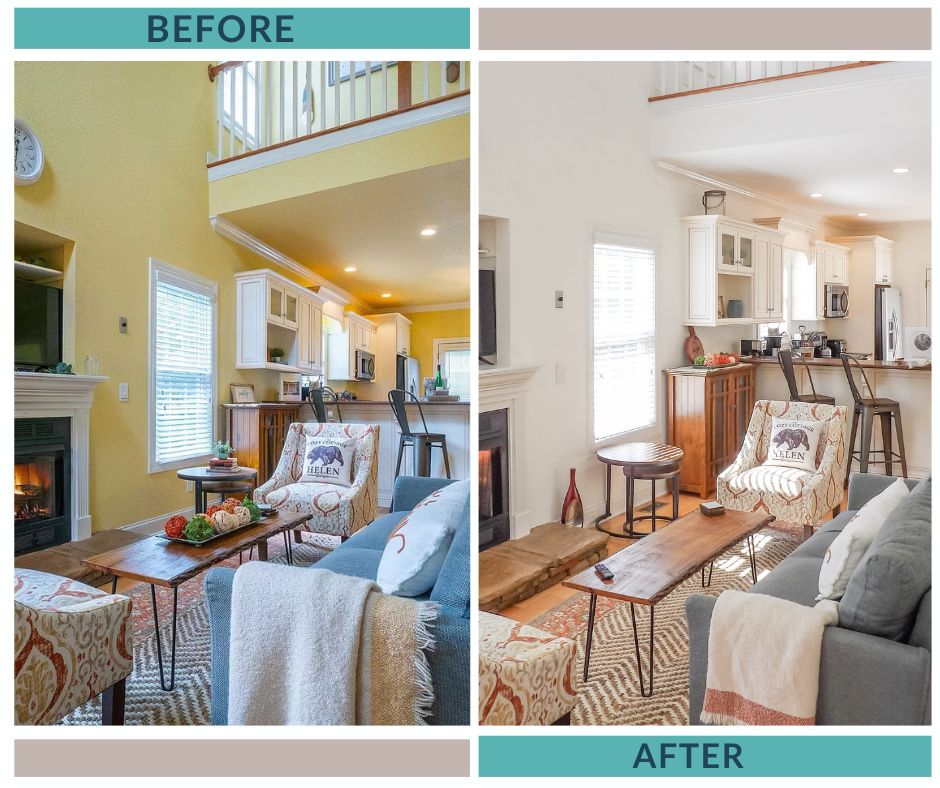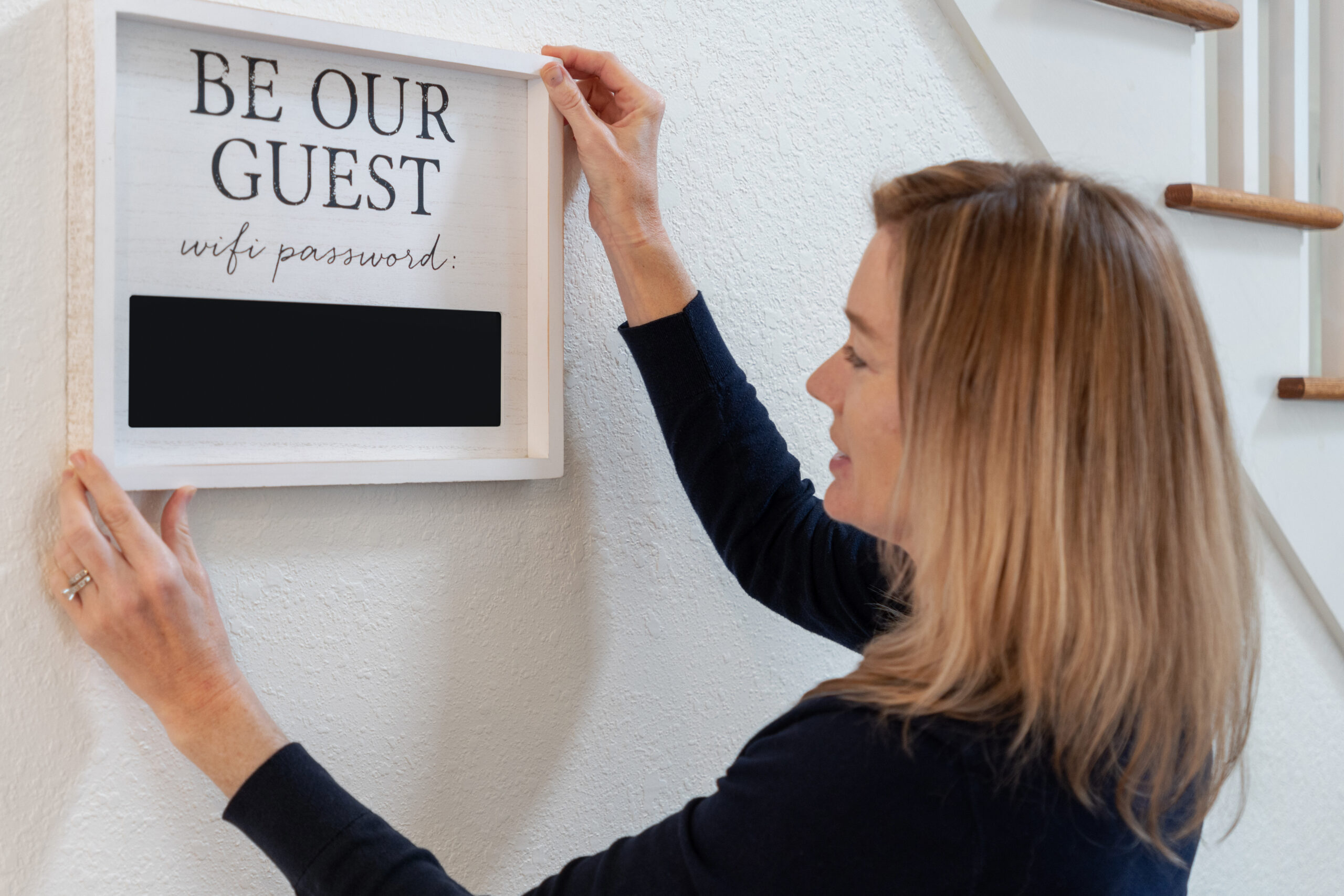Keeping an eye on your property—without creeping out your guests.
Let’s start with the elephant in the room: smart home devices are not about spying on guests. If that’s your goal, we’re not your people. But if you’re a responsible host or property manager who wants to protect your property, ensure a smooth guest experience, and stay compliant with local ordinances—such as occupancy limits, noise restrictions, or pet rules—then you’re in the right place.
You don’t need to drop a fortune to get started with smart devices, but there are three we recommend to every single owner or client we work with. These are the backbone of a modern, well-managed short-term rental—and they can save you from a ton of headaches.
1. Smart Locks: Secure and Convenient Access
Our go-to recommendation is the Schlage Encode Smart WiFi Deadbolt. This lock is loved in the short-term rental community because it’s durable, reliable, and connects directly to your WiFi without needing a separate smart hub.
Here’s why it’s a game changer:
- Automatically generate unique access codes for each guest (we set these codes using the last four digits of their mobile number for easy memorization).
- Schedule codes to activate and expire precisely at check-in and checkout.
- Seamlessly integrates directly with Airbnb and management tools like Hospitable, RemoteLock, or Operto.
- Remotely monitor lock usage and battery levels.
We learned the importance of this the hard way. In the first year of managing our very first short-term rental, a past guest messaged to say he was “going to run by” to grab his charger. Problem was… new guests were already inside. Cue panic. That same day, we set up unique codes—and we’ve never looked back.
Smart locks also make it easier for vendors like cleaners and handymen to safely access the home. We also set up our vendor codes using the last four digits of their mobile number. Through Hospitable, these vendor codes can automatically be activated only when the property is vacant, ensuring they won’t work when guests are checked in.
2. Ring Doorbell Camera: Who’s Really Checking In?
A Ring Doorbell Camera Plus (ideally hardwired, not battery-powered) at your primary entrance is another must-have. This camera works hand-in-hand with your smart lock and helps you:
- Confirm that the person checking in is the person who booked
- Verify guest counts and pet compliance
- Monitor check-ins and outs discreetly without constant supervision
You’re not going to sit there watching every check-in. But sometimes, a guest’s messages or behavior raise red flags—and when they do, it’s incredibly helpful to have footage to fall back on.
And if you’re in an area without existing doorbell wiring? Nest Wireless Doorbell Plus offer a good battery-powered alternative. Just keep a spare battery on the charger (ideally in your owner’s closet), so your turnover team can swap it out quickly. That said, we still recommend going wired when possible—an electrician can often connect it to an existing switch, and you’ll never have to worry about it dying.
3. Ring Floodlight Camera: Eyes on the Driveway
Guests love their privacy, and we’re all about respecting that. But monitoring public-facing spaces like the driveway or parking area is totally fair game—and very useful.
We usually recommend the Ring Floodlight Camera Plus. Most homes already have a floodlight over the driveway, which makes installation super easy. You won’t have to worry about batteries, and you’ll be able to:
- Monitor parking violations (especially important if your permit has guest limits)
- Track vendor visits like cleaners and landscapers
- Keep an ear out for noise issues or parties
- Get alerts for animals—yep, this is key in bear country or for those curious neighborhood dogs
Pro tip: Pay for Ring’s cloud video storage. Live views are helpful, but most of the time you’ll be reviewing past footage—and you’ll be glad it’s saved and easy to access.
Bonus Device: Minut Noise Monitoring
If you’re in a community with noise restrictions, close neighbors, or a history of complaints, a noise monitor is essential. We like Minut for a few reasons:
- It alerts you if noise goes over a certain decibel threshold
- It can detect tobacco and marijuana smoke
- It listens for smoke or CO alarms going off
- It notifies you if it’s been tampered with or unplugged
Noise monitors are perfect for spaces where you can’t use cameras, like backyards, decks, and patios. We consider outdoor hangout areas to be private spaces in most circumstances, which is why Minut is such a valuable tool.
Final Tips for Smart Home Success
Stick to one or two brands if you can. You’ll have fewer apps to manage, and most brands offer discounted cloud storage for multiple devices. Schlage and Ring work really well together.
Stick with trusted brands. If you search Amazon for cameras and smart locks there are lots of cheaper options from lesser-known brands but it’s simply not worth the savings.
Communicate clearly in your house rules and listing description about where cameras are located and why they’re there. Transparency builds trust.
Smart devices don’t just make your life easier—they make your rental safer, more professional, and more compliant. And hey, anything that gives you peace of mind while helping your guests feel secure is a win-win in our book.
Want help setting up your smart tech? Drop us a message—we’d love to help!







